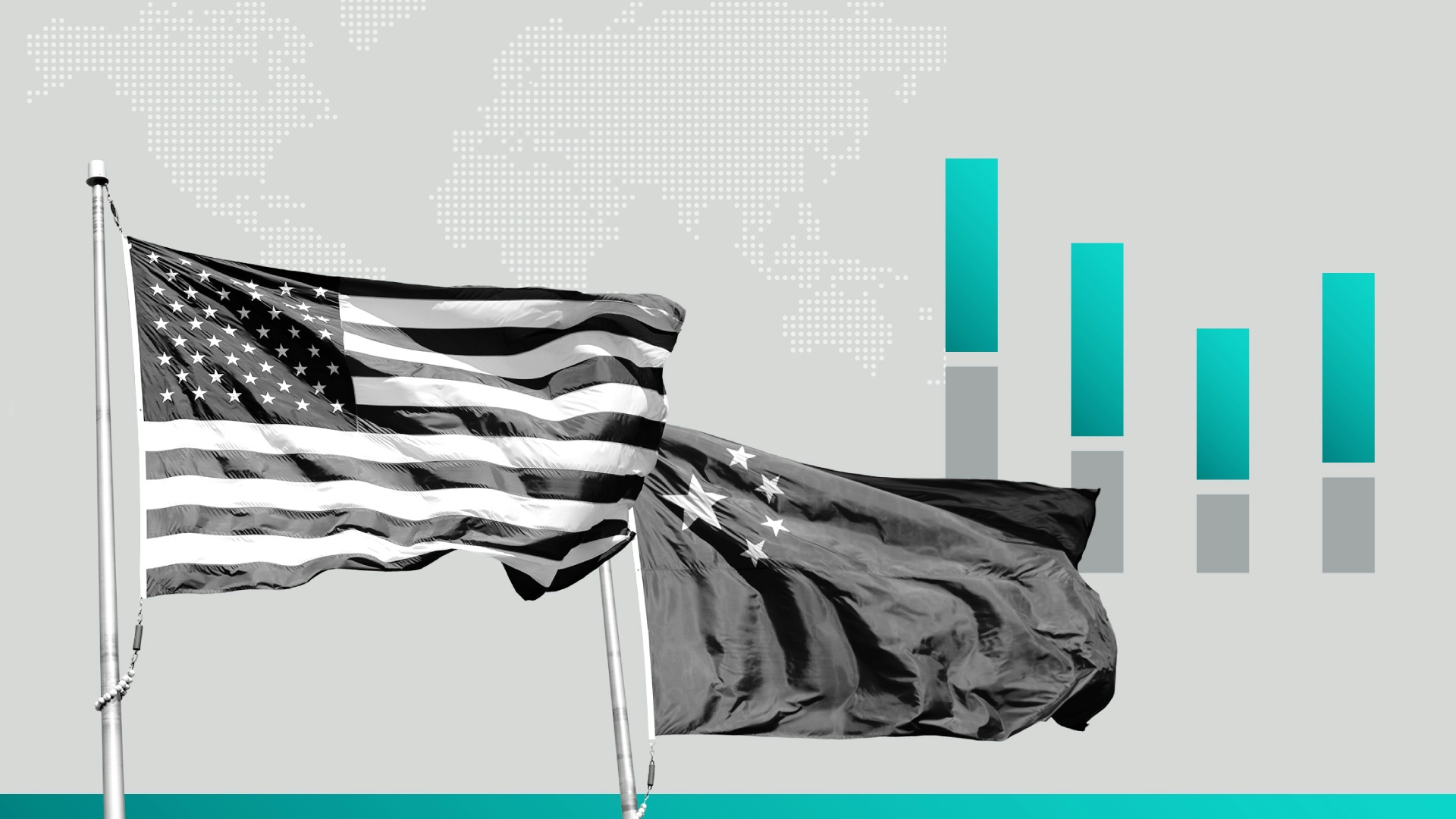Chinese Consumers Aren’t Gung Ho About the U.S. Trade War

This memo comes from Counter/Consensus, Morning Consult's biweekly briefing that leverages our global analysis and Political Intelligence data to spotlight counter-consensus takes on major (geo)political developments, and affirm consensus views on issues for which data has been scarce in public discourse or otherwise adds value.
The briefing is intended to facilitate corporate scenario planning, market and asset price forecasting, and public sector decision-making. Clients are welcome to reach out directly with questions.
You can subscribe here.
The agreement struck by U.S. and Chinese officials last month to maintain TikTok’s presence in America was a step in the right direction for bilateral relations. But for U.S. companies doing business in China, it does not solve the immediate challenge facing their brands: 57% of Chinese consumers say they’re buying fewer U.S. products because of the trade war.
As both countries look to continue trade talks this fall, Morning Consult data suggests Chinese consumers are open to a softening of the trade war that would ease the pain for U.S. brands.
Chinese consumers’ views on the U.S. trade war

When asked about their views on Beijing’s existing tariffs on U.S. imports, 58% of Chinese adults say they support keeping them in place. But when framed in the context of price dynamics, slightly more Chinese adults than not (40% vs. 35%) say Beijing should reduce the tariffs it currently imposes if doing so would cause prices to fall.
Similarly, 62% of Chinese adults say it would be “somewhat” or “very” beneficial for Beijing to improve its relationship with Washington in order to get existing tariffs on Chinese imports removed and/or avoid new tariffs. To be sure, public opinion does not necessarily influence policy in China the way it does elsewhere, but the data suggests that if Beijing does decide to pursue a trade deal, it may ultimately score points with consumers at home.
How U.S. brands can mitigate the business impact of anti-American sentiment in China
Despite positive signposts, the challenges facing U.S. brands doing business in China are unlikely to dissipate overnight, particularly with nearly two-thirds of Chinese adults still viewing the United States as some combination of “unfriendly” (31%) or an “enemy” (31%). And in a best-case scenario, trade relief is unlikely before November, when President Donald Trump and Chinese President Xi Jinping are expected to meet on the sidelines of the upcoming APEC summit.
But U.S. brands stuck in the crossfire until then are not without options when it comes to enticing Chinese consumers away from similar products produced by domestic competitors that may be cheaper because of the tariffs.
Country of origin is a relatively small factor in purchase consideration for Chinese consumers

As of September, more Chinese consumers cite product attributes other than pricing — most notably, quality and safety — as “very important” drivers of their purchasing behavior than a brand’s country of origin. U.S. companies should play up these factors as they seek to court consumers in the coming months.
And for U.S. brands that have a longstanding history of operating in China, consumers rank brands’ own ties to China (as opposed to ties between brands’ home country governments and China) quite highly when it comes to their purchase consideration. On the flip side, our data suggests that emphasizing brand prestige and local influencer partnerships will pay fewer dividends, with relatively few Chinese consumers (20% and 16%, respectively) citing them as “very important.”
If the past six months of U.S. tariff policy flip-flops are any guide, much could still change in the run-up to November’s bilateral meeting. But for U.S. brands whose products are the cream of the crop with respect to quality and safety, and for those that cultivated meaningful ties to China prior to the trade war, playing up these factors should offer a bit of near-term insulation from ongoing geopolitical headwinds in the back half of the year.
Jason I. McMann leads geopolitical risk analysis at Morning Consult. He leverages the company’s high-frequency survey data to advise clients on how to integrate geopolitical risk into their decision-making. Jason previously served as head of analytics at GeoQuant (now part of Fitch Solutions). He holds a Ph.D. from Princeton University’s Politics Department. Follow him on Twitter @jimcmann. Interested in connecting with Jason to discuss his analysis or for a media engagement or speaking opportunity? Email [email protected].